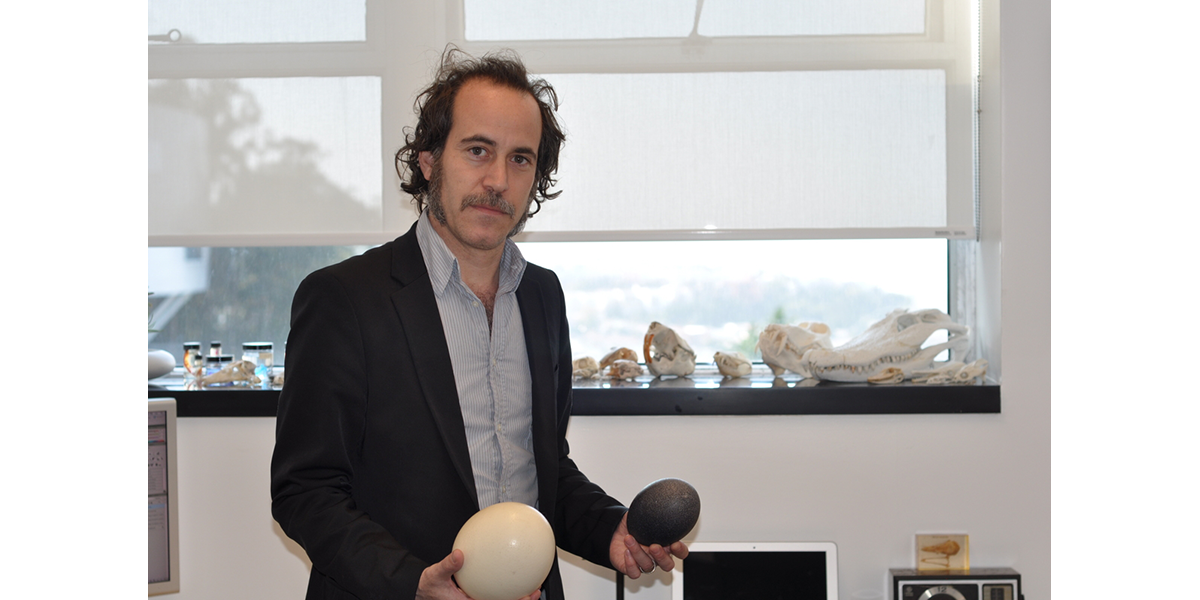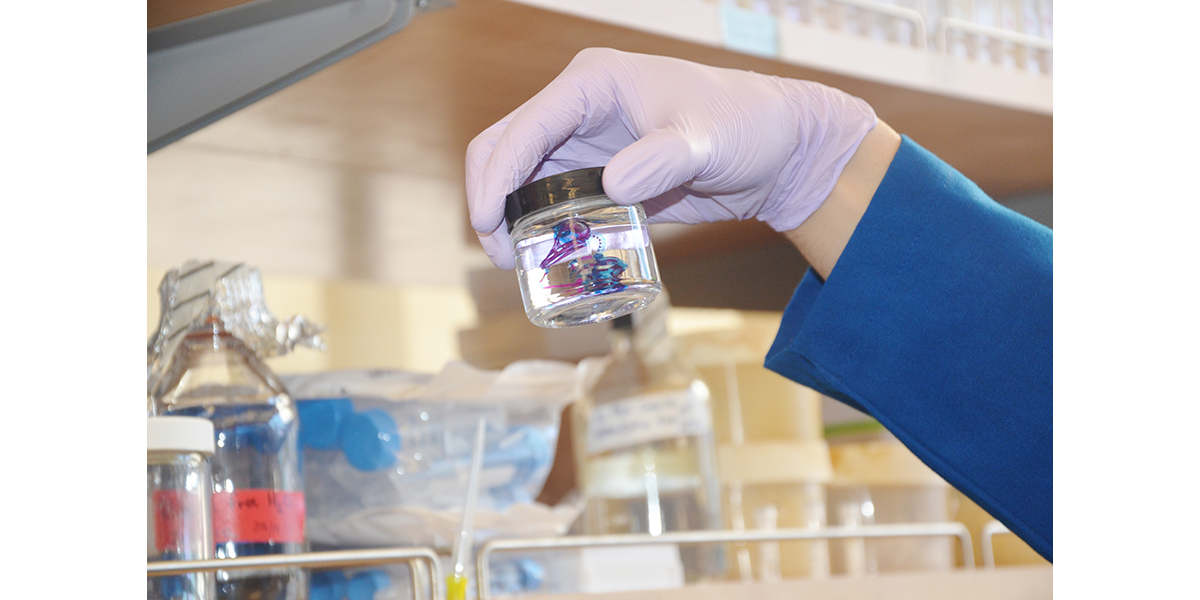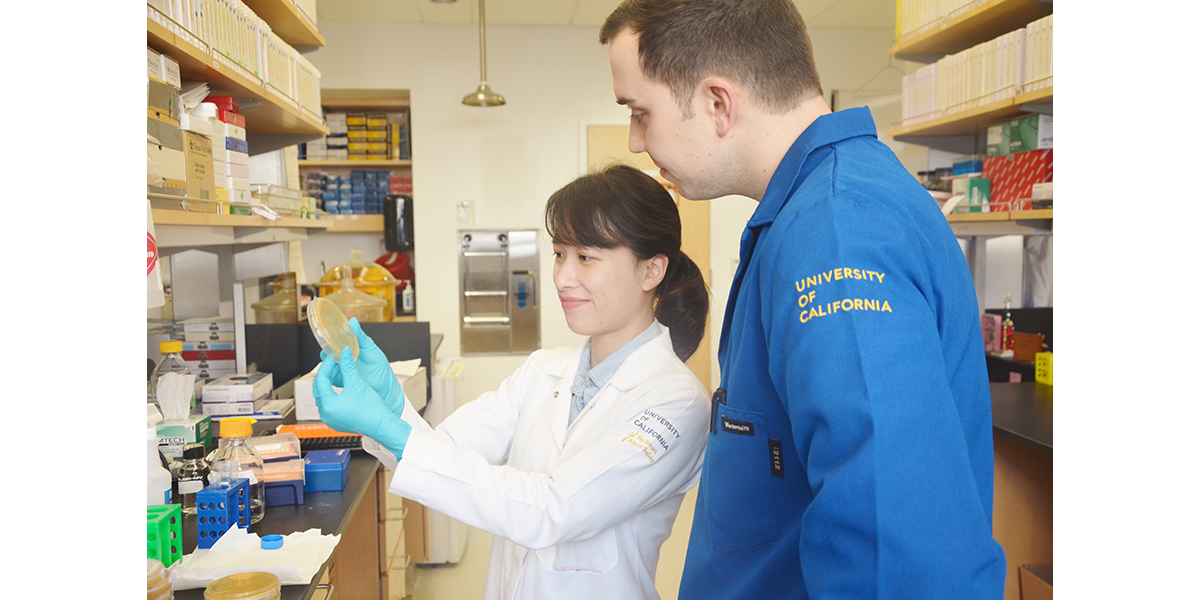Schneider Laboratory for Developmental and Evolutionary Skeletal Biology
513 Parnassus Ave. S-1164
San Francisco, CA 94143
Tel: 415-502-4945
Our work
Richard Schneider, PhD, and his lab are focused on understanding how individual components of the craniofacial complex achieve their proper size, shape, and functional integration during development and evolution.
To address this question, the lab has created a surgical transplantation system that involves two distinct species of birds (quail and duck), which differ considerably in their growth rates and anatomy. The experimental approach is straightforward: stem cells that give rise to craniofacial structures are exchanged between quail and duck embryos. This causes faster developing quail cells and relatively slower maturing duck cells to interact with one another continuously within chimeric "quck" and "duail" embryos. Also, chimeras are challenged to integrate species-specific differences in size and shape between the donor and host.
By looking for donor-induced changes to the formation of bone, cartilage, muscle, tendon, nerves, and other tissues, the lab has been able to identify molecular and cellular mechanisms that pattern the craniofacial complex. A goal is to devise novel therapies for regenerating tissues affected by birth defects, disease, and trauma. The lab's work has also helped elucidate the role of development in evolution.
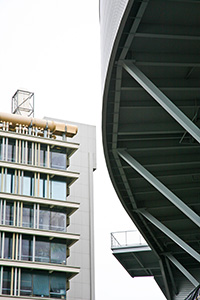
Schneider Lab at UCSF
Current projects
The Schneider Lab's current research program focuses on molecular and cellular mechanisms underlying development of the musculoskeletal system. The lab have developed an avian chimeric transplantation system to exploit the divergent maturation rates and distinct species-specific anatomies of quail and duck. Specifically, his lab has been exchanging mesenchymal stem cells between quail and duck embryos, which challenges resultant chimeras to assimilate donor versus host-specific differences in growth and morphology. Using this approach, the lab has been identifying genes and signaling interactions that regulate the timing of musculoskeletal tissue differentiation, control size and shape, and which ultimately enable cartilage, bone, and muscle to achieve structural and functional integration. A goal of the Schneider lab's research is to devise molecular-based therapies for inducing repair and regeneration of musculoskeletal tissues affected by congenital defects, disease, and trauma.
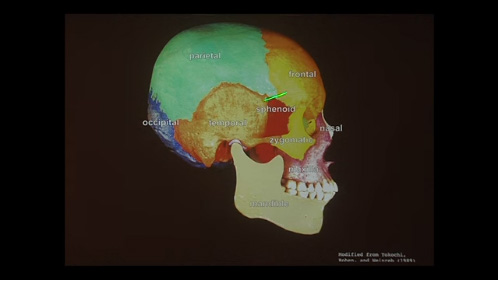
Schneider Laboratory for Developmental and Evolutionary Skeletal Biology
University of California, San Francisco
513 Parnassus Ave., S-1156
San Francisco, CA 94143
